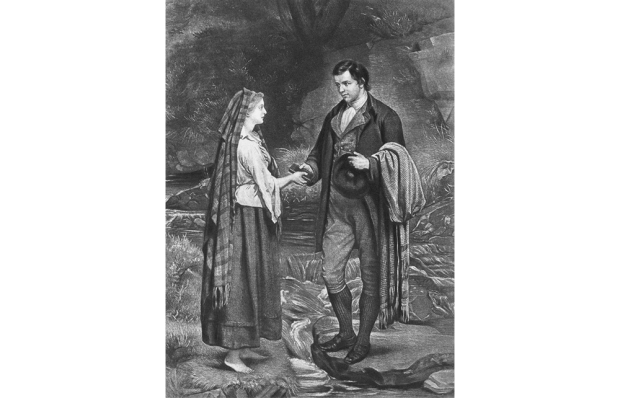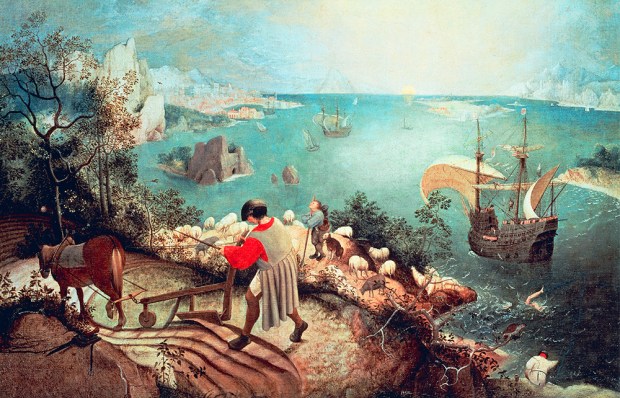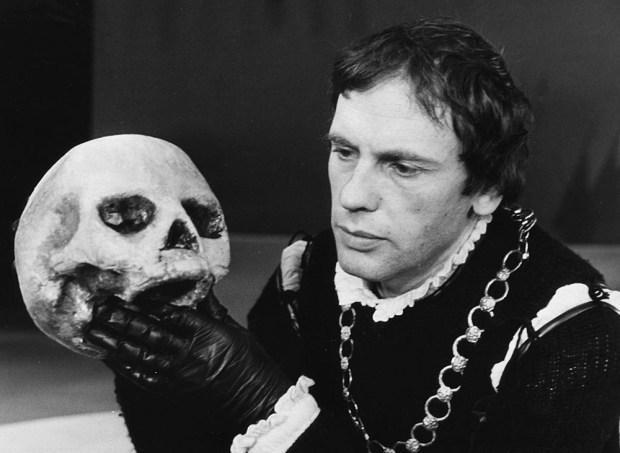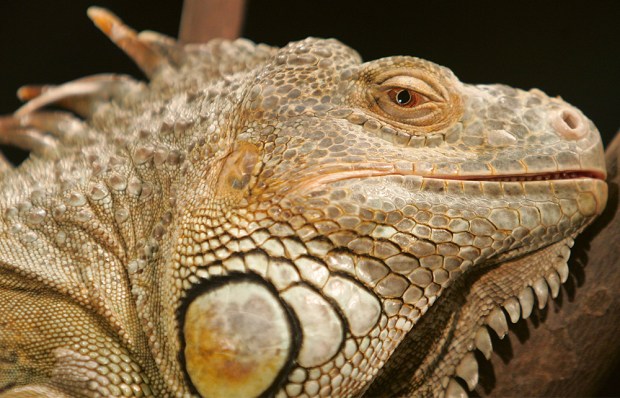In Competition No. 2843 you were given a list of poets’ surnames — motion, bridges, wilde, gray, cope, hood, burns and browning — and asked to incorporate them into a poem or piece of prose. I gave you scope for showing off by inviting you to cram in extra names should you choose to. The award for class swot has to go to Albert Black, who pulled off the phenomenal feat of shoehorning 52 names into his entry.
A nod to Frank McDonald, whose entry to another competition gave me the idea for this. Basil Ransome-Davies takes the bonus fiver; his fellow winners pocket £25 each.
The bridge that burns can be the best of bridges.
A pound of hope won’t buy an ounce of luck.
Try Scotland, though you’ll have to cope with midges.
When rumbled, keep in motion, pass the buck.
Gray goes with everything, so gray is good.
Shun soup at lunch, in England or elsewhere.
Where students live there goes the neighbourhood.
Goals by Ronaldo usually show flair.
Sol’s fine for browning — and for melanomas.
Go careful on the wilder shores of love.
The ‘wine-dark’ sea’s an epithet of Homer’s
When pouring caustic soda, wear a glove.
I’m told I’m good with words, but what are words
worth?
Do these precepts make you strong or give you hope
By imparting sense and wisdom? Not a turd’s worth.
You want enlightenment? Go ask the pope.
Basil Ransome-Davies
Can your heart cope with wild emotion
And all the bridges that it burns?
To you, are words worth such devotion
As silvering sun from gray frost earns?
Does every lark in every pie
That’s browning in your oven sing,
Or spread its hardy wings to fly?
Then poetry might be your thing.
Is nakedness a more complete
Disguise than hood and cloak and mask?
Do your swift feet pound out a beat
That knows what dance and dancer ask?
Does the strong spear you shake at summer
Keep open darling buds of spring?
Can graves make you both gay and glummer?
Then poetry might be your thing.
Chris O’Carroll
Observe my childe the gondolier
For he is bravery in motion
He fears not when the wind is wilde
But poles his barque from there to here
And even ventures on the ocean
And does not give a fig, my childe.
He ferries good folk far and near:
A friar in cope bent on devotion,
A maid, who burns, to secret tryst,
Wrapped in her hood, a cavalier,
A jade made fair with paint and lotion
Whose lips a thousand men have kissed.
He loves the sun and fears no browning.
He fears no gray rats nor black midges.
Singing and smiling, never frowning,
See how he glides beneath our bridges!
Ralph Rochester
A browning frost’s undonne the greene
under a gray and fainlight sky.
The brookes and burns that flowed serene
for lack of tingley raine are dry.
Meanwhile, up north, bridges were smashed
when wilde gales landored from the ocean,
uprooted isherwood trees and lashed
that neighbourhood ere losing motion.
The might of nature thus evinced
should be millarded, greenwelled, poped,
noelpetty’d, holtby’d, deeayprinced,
ransome-daviesed and wendycoped:
wordsworthed by bards lang celebrated
and others oft Spectatorated.
Ray Kelley
Spring kicks the garden centres into motion
with smart green leaves to make us all feel good,
as though these plants are begging for my garden,
despite my gloves and scarf and fleecy hood.
We might wince at their spelling — the ‘wilde’ garden
where grasses shimmer silvery and ‘gray’
and laugh at water features whose reed bridges
fail in a Japanese-y sort of way.
But still desire burns in us, overcoming
the common sense of how we’ll ever cope
with rain/wind/weevil/slugs/greenfly and staking.
A garden centre trades in generous hope.
Last night an east wind. Now the hope is over.
I daren’t say what this shrivelled plantlet cost.
Its shoots are brittle, all its leaves are browning.
They’d told me it was hardy against frost.
D.A. Prince
oh my darley darling
my love, so rich and smart
I’ve praed oh lang and wilde —
and love burns in my harte
o’er bridges hear my cummings
o’er hill, rowe o’er ocean
to hunt through gay day as by night
in constant hardy motion
how very keane I am my lamb
when nye, our teeth do nash
and that we spender doty time
before our graves are ashe
like leaves we wither, browning
death’s gray hood robs our hope
so hang out bunting, ring the bell
be swift or I cannot cope.
Bill Greenwell
No. 2846: the write stuff
George Orwell’s famous six rules for writing have been doing the rounds on Twitter. You are invited to invent the six rules for writing of a well-known author, living or dead, of your choice. Please email entries of up to 150 words to lucy@spectator.co.uk by midday on 30 April.
Got something to add? Join the discussion and comment below.
Get 10 issues for just $10
Subscribe to The Spectator Australia today for the next 10 magazine issues, plus full online access, for just $10.
You might disagree with half of it, but you’ll enjoy reading all of it. Try your first month for free, then just $2 a week for the remainder of your first year.













Comments
Don't miss out
Join the conversation with other Spectator Australia readers. Subscribe to leave a comment.
SUBSCRIBEAlready a subscriber? Log in